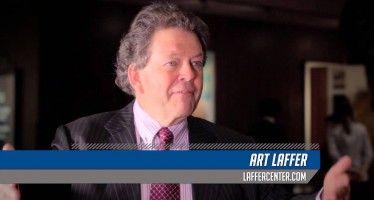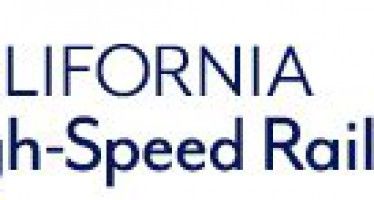Board of Equalization faces heavy criticism for mismanaged funds

Created to make California’s tax system work better, the Board of Equalization has found itself under a cloud of radical criticism, plunging it into a moment of extraordinary crisis.
“At a chaotic budget hearing for an agency that collects a third of California’s taxes, two lawmakers said late Wednesday they don’t believe the Board of Equalization can be trusted to fix the accounting deficiencies and misuse of public resources that a recent audit described,” the Sacramento Bee reported.
“I have no faith in the organization to adopt practices,” railed Assemblyman Phil Ting, D-San Francisco, who chairs the Assembly Budget Committee, according to the Bee. “You can adopt all the policies you wish. But I have zero faith that you will practice your polices because you have not demonstrated that.” His remarks, the paper added, “came at a meeting in which the Board of Equalization’s executive director refused to answer questions because he said he feared a lawsuit, Ting asked five state employees whether they leaked a copy of a critical audit to The Sacramento Bee and Ting read an anonymous email that accused the agency’s top lawyer of misleading him during the hearing.”
Official sanction
The heated controversy came to a head this month in the wake of a devastating state administrative report showing bad accounting of nearly $50 million in funds. “Citing a review that found widespread mismanagement at the state Board of Equalization, State Controller Betty T. Yee […] called for stripping the panel of responsibilities for tax administration and audit and compliance functions so it can focus on handling taxpayer appeals,” the Los Angeles Times explained. “Yee’s proposal came in response to an evaluation by the state Department of Finance that found board officials were improperly redirecting resources and employees to pet projects in their districts.”
According to the investigation, conducted by the department’s Office of State Audits and Evaluations, “concluded the elected tax board members are violating the California Budget Act, which requires that they get approval from the Department of Finance and notify lawmakers before they move revenue-generating staff such as auditors to other duties,” Bloomberg BNA reported. “The tax board also doesn’t keep track of staff hours or calculate the amount of lost revenue resulting from employees being redirected.”
“The violations skew the required information the board must provide to lawmakers under the Budget Act each year about costs and lost revenue collections due to those reassignments, the auditor said. Without accurate information about staffing, the Legislature can’t assess the effectiveness of the SBOE’s existing compliance efforts or be sure the tax agency’s cost-benefit ratios are accurate, the audit said.”
A tightening circle
The Board has weathered sharp criticism before, especially in recent years. But this time, few if any outside the Board itself have offered much of a defense. “In the 1990s, Gov. Pete Wilson, facing budget deficits, sought to merge the board with the Franchise Tax Board,” as the Fresno Bee editorial board noted. “Gov. Arnold Schwarzenegger took office in 2003 promising to blow up the boxes, and took aim at the tax boards. And yet the Board of Equalization survives because many legislators, thinking about the next election, hesitate to abolish an office that pays $142,577 a year.”
For the Board, today’s trouble began in earnest two years ago, when heightened scrutiny from Sacramento began to close in. “Although the board was dinged in November 2015 when an audit by Yee’s office found that it mistakenly sent $47.8 million in sales tax revenue to the state’s general fund, the Finance Department’s newest audit revealed that the board has done little since then to stanch the bleeding,” Courthouse News observed. “The board is still struggling with its accounting, having revised its proposed allocation adjustment 11 times to correct for errors and omissions,” the site added.
Related Articles
CA regulators debut new energy rules
Placing a big bet on solar power and new regulations, state officials have rolled out ambitious new requirements aimed at slashing
State bullet-train contracts appear to violate federal grant conditions
Sacramento Superior Court Judge Michael Kenny’s Aug. 16 ruling concluded that the California High-Speed Rail Authority would break state law




